The Ultimate Guide on How to Use Shopify for Beginners
08/08/2025
E-Commerce
This beginner’s guide walks you through the essentials of using Shopify, helping you launch a professional online store with ease.

Starting a new business is expensive, complex and can be overwhelming, there are so many things to do, one of those things, is creating a website for your business. If you want to sell your products online, Shopify is a great solution, Shopify is an easy to use website builder platform for those that have little to no knowledge and are not very tech savvy.
.png)


How to Design and Develop a Shopify Website for Beginners



Website Checklist: Do this before you start selling online:
- Set up a Shopify account
- Customize your shop
- Configure and add products
- Set up a domain
- Set up your payment settings
- Triple check everything and get everything ready
- Looking for all the answers but don't know where to start?
- Book a Consulting Call
As you can see the list goes on, fortunately, Shopify caters to all, plus they offer great customer service!
There’s no need for fancy degrees in computer engineering, or if you’re not familiar with the online space, Shopify makes it easy for all to learn their system. In short, anyone can learn how to use Shopify.
Once you finish reading our Shopify guide, you'll have a ready-to-go online store and feel equipped to get it going.
How does that sound?
Let’s get started with the steps!
Getting Started with Shopify on a Free Trial
First things first, starting a free trial with Shopify should be on your top to-do list.
It’s important to get a feel and play around with the website first.
Following this guide, you should have ample time to build a ready-to-launch online store during the 14-day trial.
Once you launch your store, you can keep adding products and improving them.
Check out this quick checklist before you get started.
- Your business idea.
Have a concrete solid business idea that speaks true to your business goals and brand.
Here are some small business ideas to get your brainstorming session going.
And, another one if you need the best business ideas.
Here at The Branded, we’re filled with ideas, creative strategies and successful executions to get your business scaling and making more money!
- Have a business name idea.
It’s important to make sure your business name ideas and the iterations aren’t taken already.
Head over to GoDaddy to check and see if it’s available.
Some URLs are hard to come by, so this blog post on what makes a good business name should help you out!
You can also try out Shopify's free domain name generator.
- Have a logo ready (or at least a solid concept).
It’s hard to settle for a certain look, especially one that you’ll have to promote online over and over.
A logo is like the first introduction of your business and brand-building (you can, of course, change it as your business evolves).
If you find yourself not knowing where to start with your logo process or how to start designing your logo, you can always reach out to us.
Our designers have perfected the art of producing logos that can speak truth to your brand.
- Know what you are selling.
In a Shopify store, you can sell physical goods, digital goods, or services.
Here’s a blog post from Shopify that might help with this process: product sourcing apps.
- Photos.
Taking good product photos will help you stand out from the crowd.
When you are on a budget, you might consider taking your own product photos, even with just your smartphone camera, or use free stock photos until you are ready for your own lifestyle photos.
Either way, make it looks good! A quick tip: envision it from a customer perspective.
This is a learning curve, and Shopify will make it easy for you.
We’re also here to help you get started with your Shopify journey.
Customize The Look of Your Shopify Store
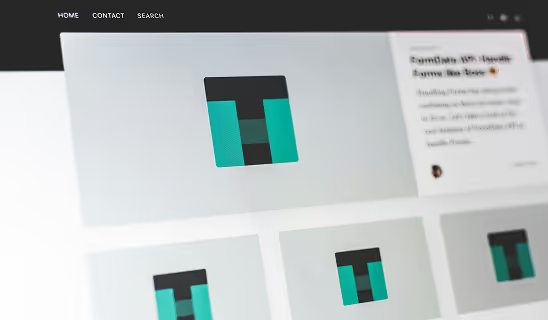
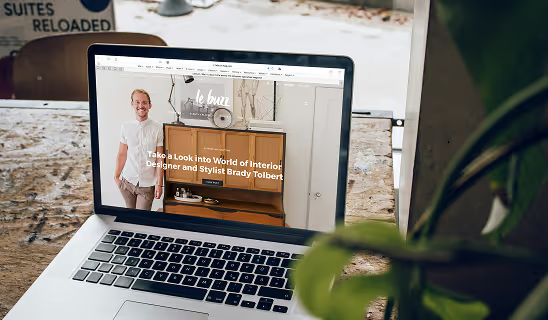










Key Pages
Once you start the free Shopify trial, familiarize yourself with the site.
Before we focus on products (since building an online store requires more than just products), customers need to understand your business.
This is where key pages like your About Page or Services Page come in handy.
You should provide your customers with reasons to trust you, in addition to providing them with other essential details that they will need.
You can create the majority of these pages under the Online Store - Pages section.
All your pages don't need to be prepared before launching, but some of the most helpful ones are as follows:
- Contact us page. This is an important part of the website. You want your customers to be able to reach out to you. Having this provides a way for proper communication and trust-building with your business. You can also include the FAQ page link here.
- An About page. A business's About page connects personally with customers, explains the workings of the company, and/or explains why it was launched. When designing your online store, keep in mind that an engaging About page can go a long way to earning trust for new brands.
- A FAQ page. Many customer support questions can be answered on a frequently asked questions page–it would be a great idea to include this!
- Policy pages. In Settings > Legal, you can set up certain legal pages that customers expect and can help protect you if there is a dispute, such as your return policy and privacy policy.
Customization
To customize your site, go back to the main dashboard and click Customize the Look.
Here you can change everything from the logo to the colours.
It takes a bit of tweaking, but the main thing you need to look for is the link saying "Visit the Theme Store."
There are many free themes out there, but premium ones can be a lot more helpful.
If you want to customize the very smallest details of the look of your website, a professional theme might be the way to go.
Additionally, you will find that you can make significant adjustments to the way your site looks and performs if you understand how the theme's CSS and HTML work.
Shopify Experts can always help you if you don't have a coding expert on staff.
Several Shopify experts specialize in product descriptions, Shopify themes, and email marketing, among many other things.
But you can also reach out to us for help. We’re the best marketing agency, and we’ll be sure to get your Shopify store the way you want it to look.
The following are some of the things you can change about your Shopify theme:
- Fonts
- Colour schemes
- Items that appear on the page
- Related item functionality
- Carousel slides
- Logos
Shopify has an official theme store.
You can rest assured that all of these themes are fully supported by the designers–so your store is in good hands.
You will have to spend between $100 and $180 on a premium theme.
It’s an investment that will pay off.
But it doesn’t mean that you can’t achieve your perfect Shopify store with a free theme.
It is possible!
So go ahead and browse the theme store, check the functionality and reviews, and then preview the theme.
Want to learn more about brand platforms, Brand Strategy and Brand Identity? Keep reading!
If you need help with your companies brand strategy and identity, contact us for a free custom quote.
Add Products and Set up Shopify Payments

Add Products
Having customized your website's appearance, you can now add products to it.
In the sidebar, click "Products" and then "Add product."
Be sure to add images and details to your products when adding them.
On the right sidebar, you can choose sales channels, set prices, and configure inventory and shipping options.
You can disable the shipping options if you're selling digital products by unchecking "This is a physical product.".
Additionally, you can create collections to group products - for example, you could create separate collections for men's and women's clothing.
By organizing your products into different collections on Shopify, you make it easier than ever for your customers to locate the items they need. Your store's collections will enable you to choose how products should be added to them.
You can, for example, have products that meet a certain specification automatically added to your store.
It makes sense to choose images that will appeal to your target audience as well since the images that are associated with your product can make or break your chances of a sale. Visuals are an integral part of your website, so don't ignore them.
Once you've finished, be sure to click "Save product."
Payments
Payments can be taken in two ways - you can use:
- Payments with Shopify
- A third-party payment gateway like Google Pay or PayPal
Shopify charges an additional 2% on the basic Shopify plan if you use a third-party payment gateway, and 1% on its main plan if you use a third-party payment gateway.
Therefore, Shopify payments are best - especially since they allow customers to make purchases using virtually any credit card or debit card, as well as Apple Pay and Google Pay.
Click "Complete account setup" afterwards.
Get ready and Launch your Shopify Website

You got the basics down, now it’s time to get everything else prepped and launch your very own shop with Shopify!
But first, we need to set up your domain.
After selecting the template and designing your website to your liking, you can select a domain for your website so that it becomes official!
You can add a domain by going back to the dashboard and clicking on that option. You will be asked whether you want to transfer or register a domain.
If you decide to buy your domain name elsewhere, you can add it into Shopify, or you can purchase your domain name from Shopify and have it added directly to your store - it's up to you! When you upload an existing name, though, you will be required to update the DNS records.
Then, you can access your website by going to that specific domain.
You should complete the following information on your Shopify website while you're in the main area too:
- In the settings area, make sure to add all of your information, including your billing details and legal information.
- To assist with your accounting, make sure that the box next to "charge taxes" is clicked in the Variants section of your website.
- Click on the "shipping required" option next to products to know which products will require an extra charge for shipping.
- If you want your website to sell as many products as possible, consider a weight-based shipping specification.
In the Admin area of Shopify, click on Settings, and then click on Payments to test out your order system before you start selling online.
You can test a credit card gateway by first deactivating it from the Payments area (the Bogus Gateway can be used for testing).
To test, you can place an order, just like any other customer!
In the sidebar, click Online Store > Domains. Here, you'll see 3 options:
- Connect existing domain: If you already have a domain with a site like GoDaddy, use this option to connect it to your Shopify account.
- Transferring your domain to Shopify is a great option if you'd like to have everything under one roof.
- Invest in a new domain if you do not already have one.
Analytics
Be sure to familiarize yourself with your Analytics page before you launch.
In this Analytic section of Shopify, you can find out how much traffic your store receives, which pages users visit, and which items sell the most.
And that’s... how to use Shopify! You’re now equipped to start and get going.
If you find you need a little bit more guidance or need our stellar marketing and branding services, feel free to reach out to us! We love hearing new ideas and helping out small businesses and startups.
As branding specialists, we know how to scale businesses–it’s what we do. So, we can’t wait to hear from you!

Sloane Avery
As entrepreneurs, they’ve built and scaled their own ventures from zero to millions. They’ve been in the trenches, navigating the chaos of high-growth phases, making the hard calls, and learning firsthand what actually moves the needle. That’s what makes us different—we don’t just “consult,” we know what it takes because we’ve done it ourselves.
Want to learn more about brand platform?
If you need help with your companies brand strategy and identity, contact us for a free custom quote.
We do great work. And get great results.
+2.3xIncrease in revenue YoY
+126%Increase in repurchase rate YoY

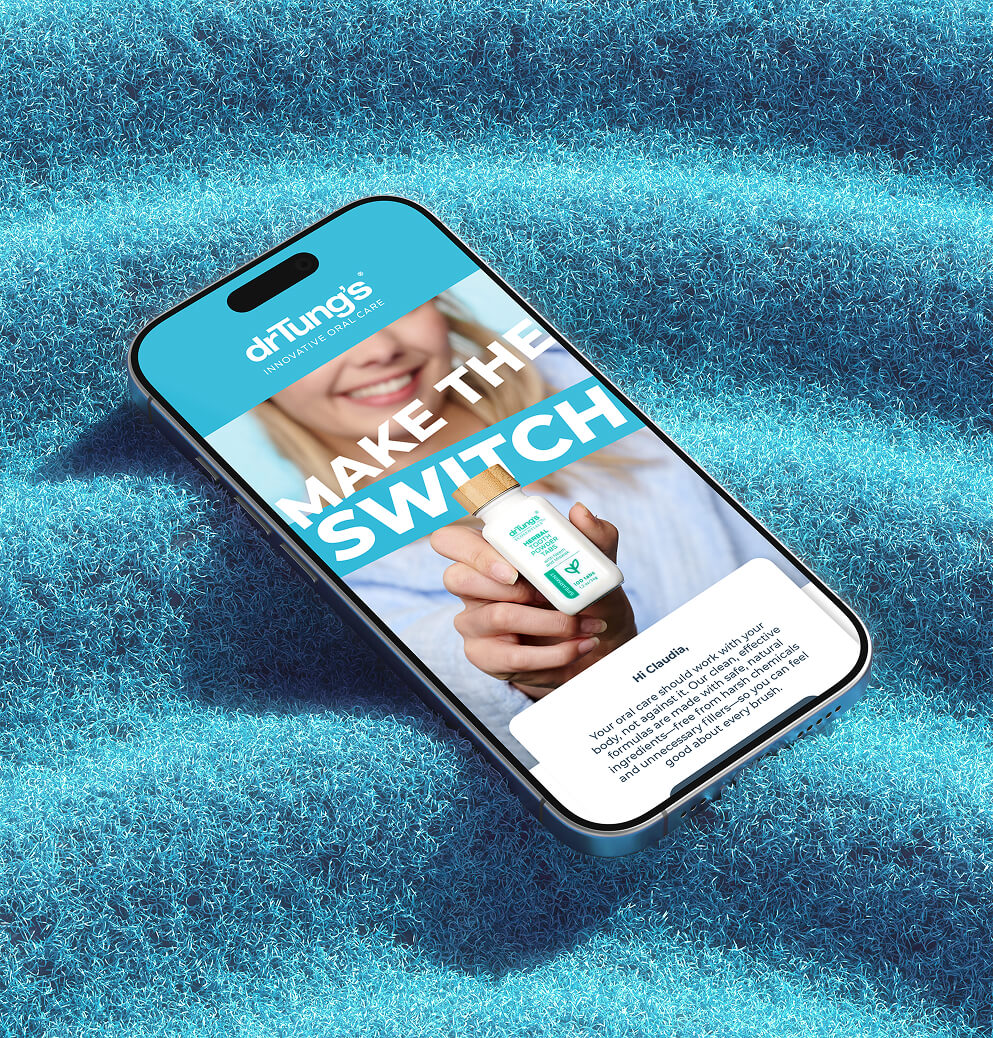

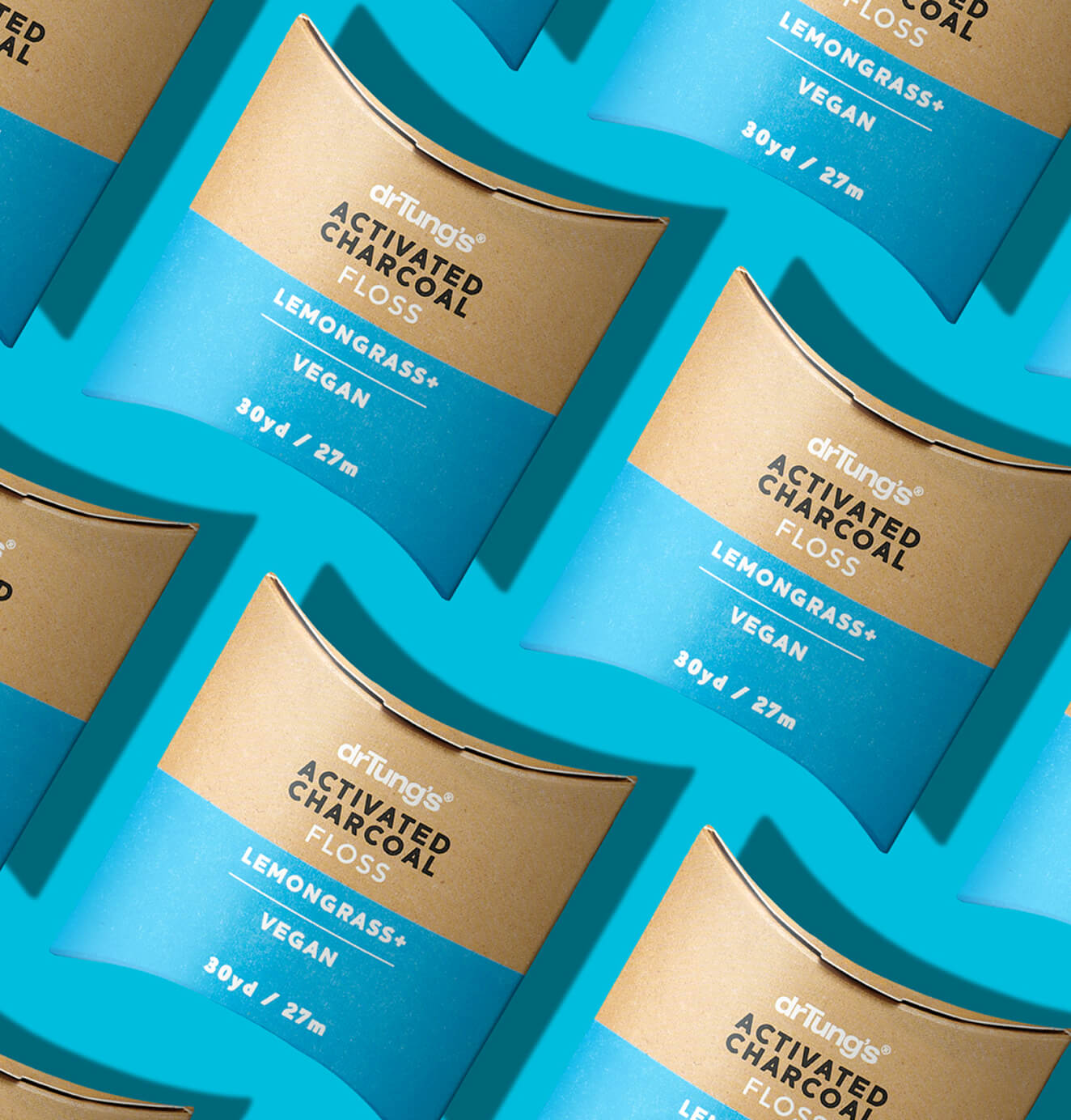




+93%Revenue growth in first 90 days
+144% Increase in attributed revenue


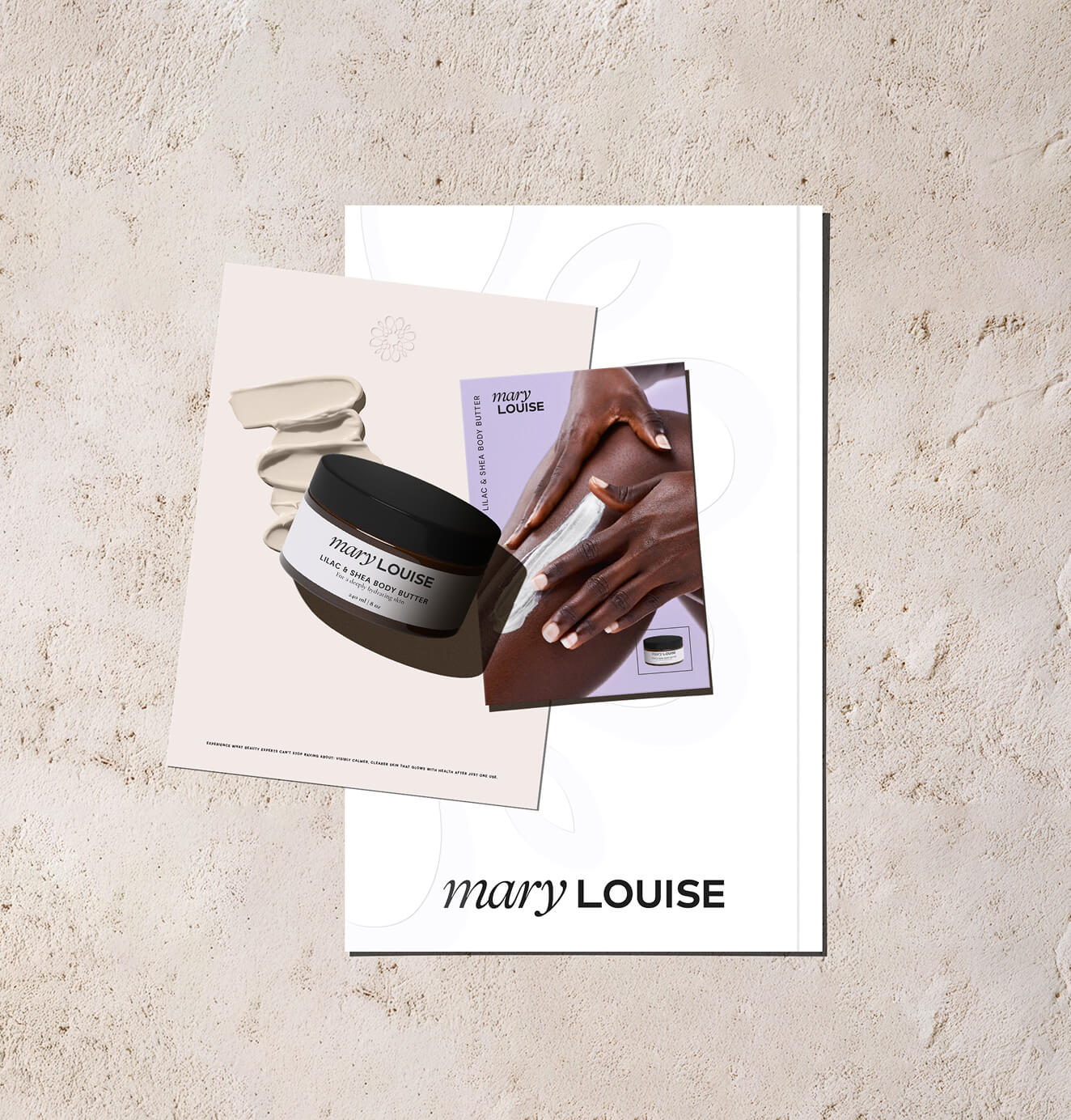





+91%Increase in conversion rate
+46%Increase in AOV

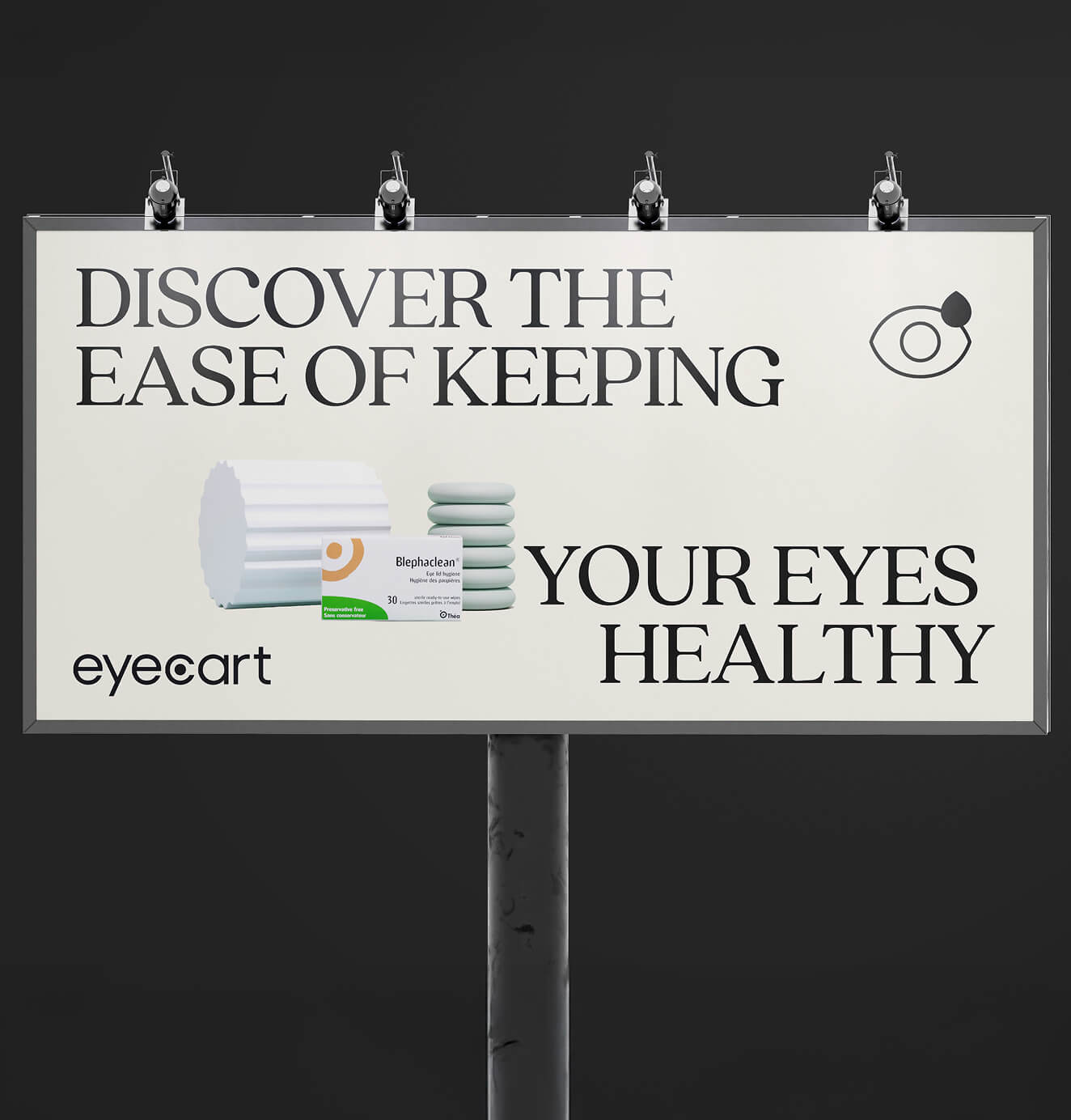
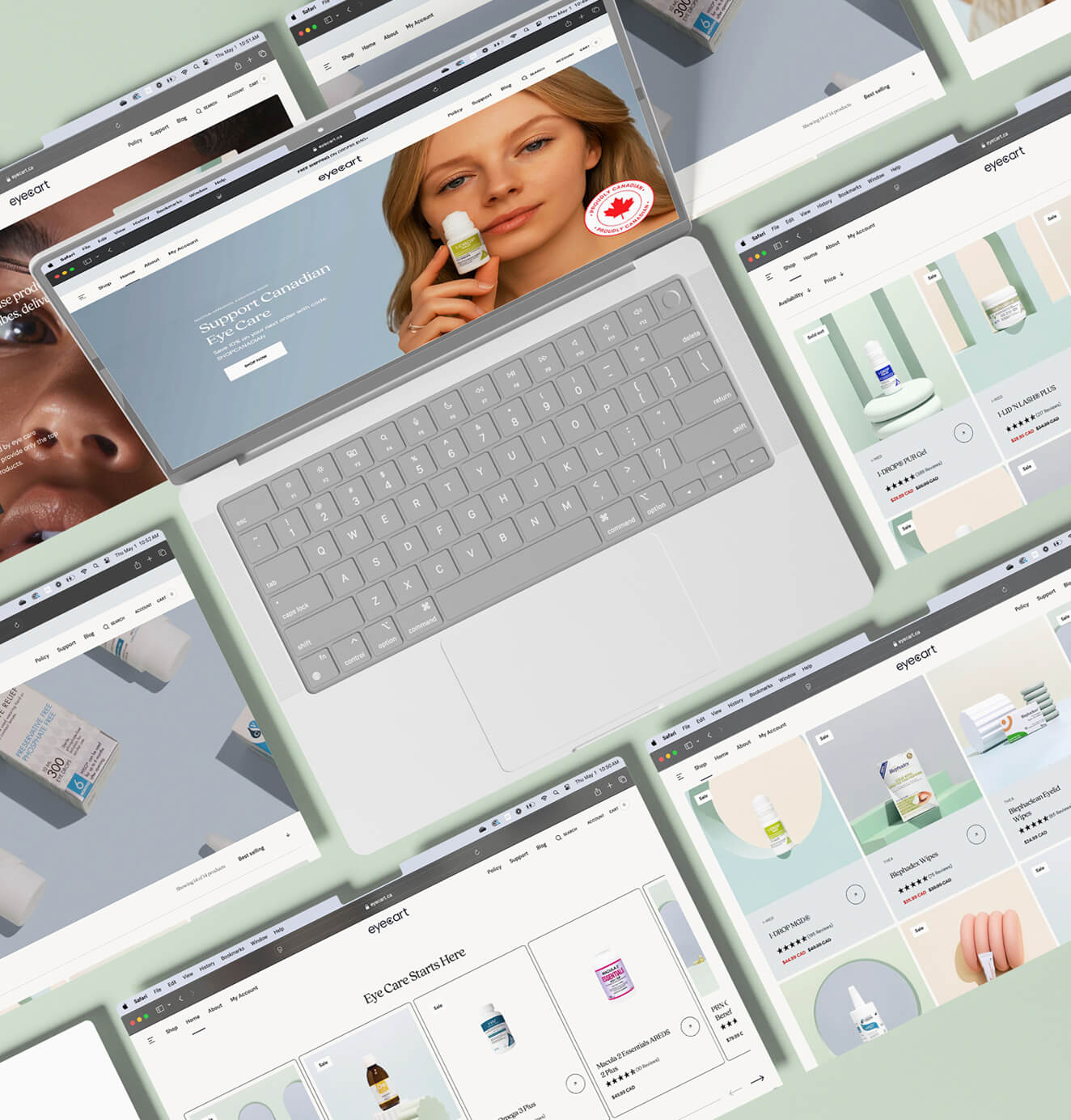





+200%Increase in conversion rate
+688%Increase in attributed revenue












